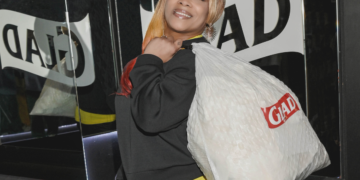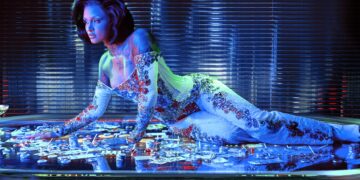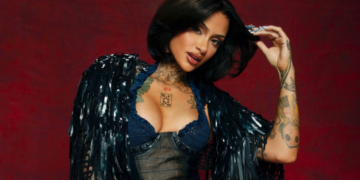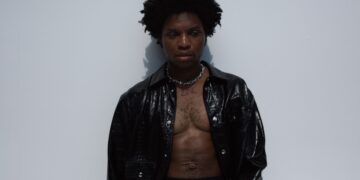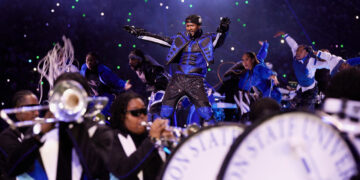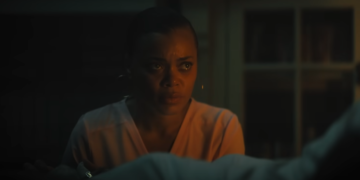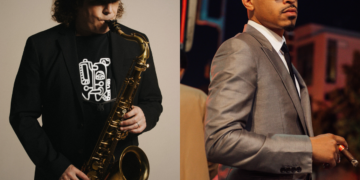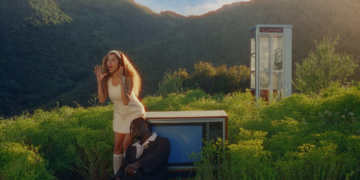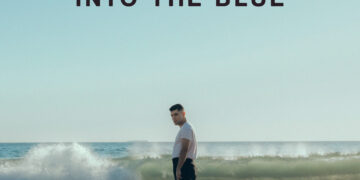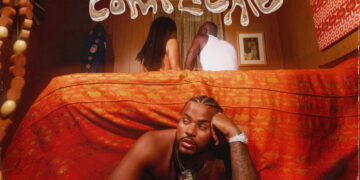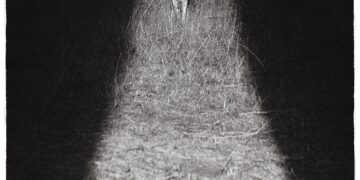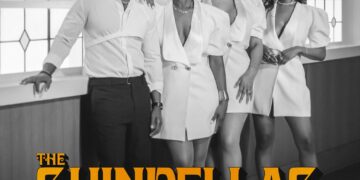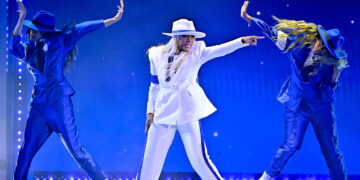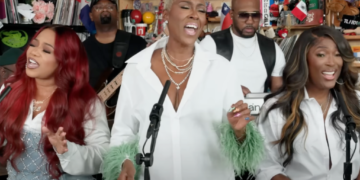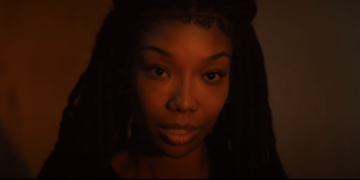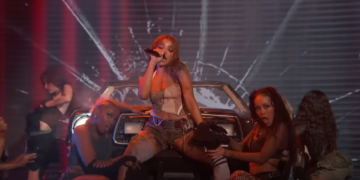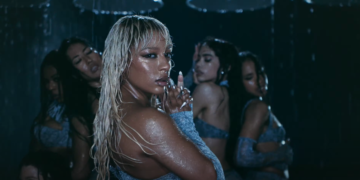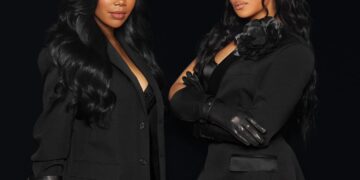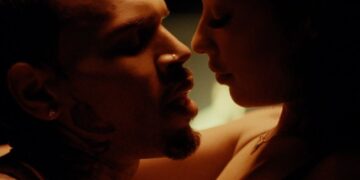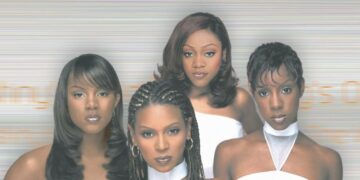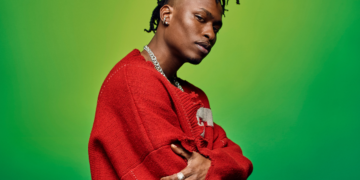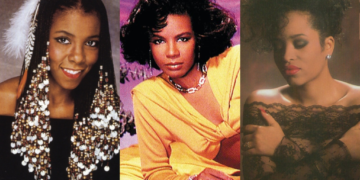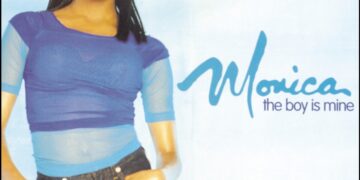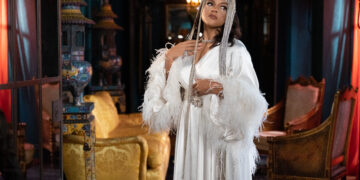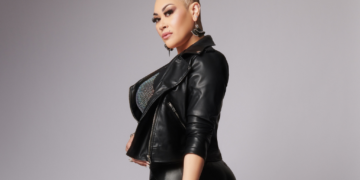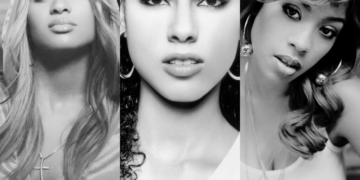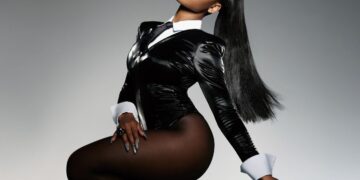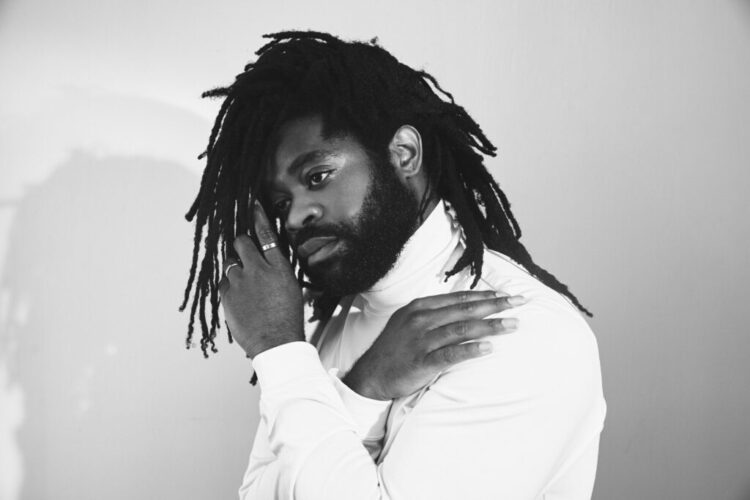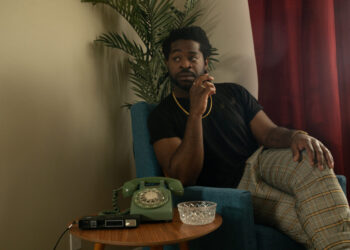There comes a time when an artist feels the need to reinvent themselves. Whether it’s for personal reasons or professional reasons — or a combination of both — change is part of an artist’s evolution. For singer/songwriter/guitarist Reggie Williams, his decision to rebrand himself came in 2015.
“Musically, emotionally and spiritually, I’ve undergone an evolution since returning from tour. This evolution has come to life in the form of a new musical venture,” the Florida native shared in a Facebook post on March 5, 2015.
“I’d like to introduce, R.LUM.R.”
The moniker R.LUM.R (pronounced Ar-Lamar) started as a side project for Williams, while he recorded and performed acoustic-soul music. During the process of experimenting with his R.LUM.R sound, Williams discovered parts of himself that he never imagined.
“In a reflection of that newness, a lot of things are evolving and expanding, one of which being my musical ventures,” he continued in the same Facebook post. “These changes are things have been bubbling beneath the surface for a long time, that I just don’t think I’ve had the bravery to explore until the time felt right.”
It was the right time, indeed. “Show Me,” his first song as R.LUM.R, was featured on Spotify’s then-New Music Tuesday playlist. It garnered over 800,000 streams in a month.
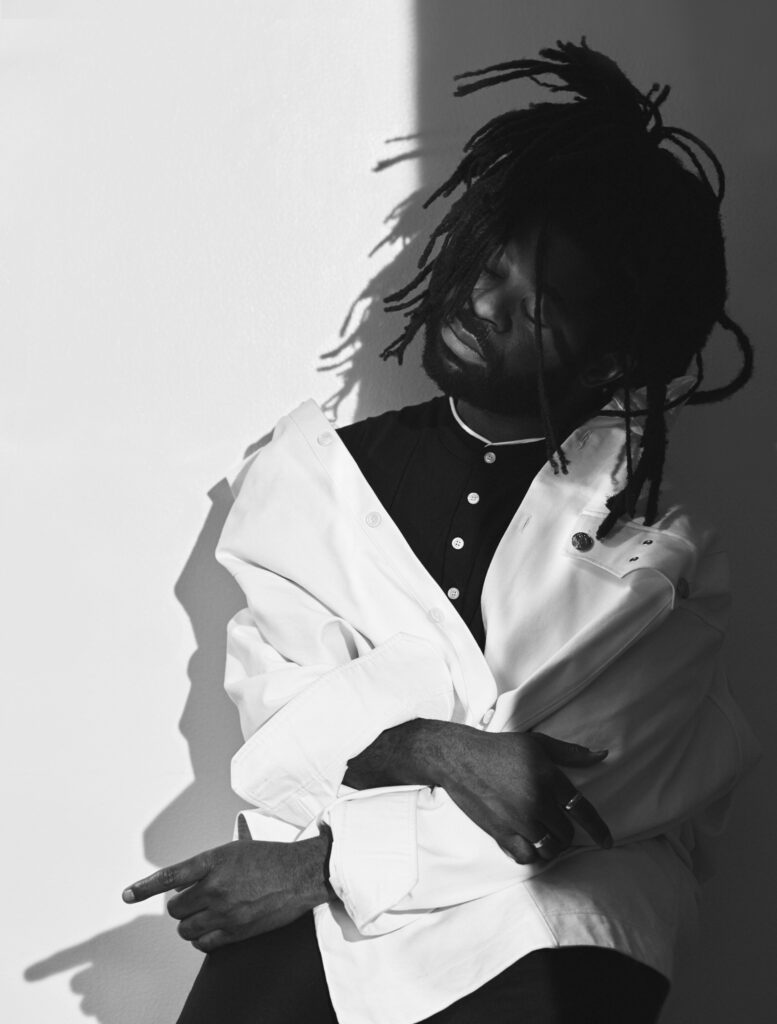
He went on releasing a couple more songs but it wasn’t until he dropped “Frustrated” in 2016 when he saw an even bigger impact in the streaming world. The track was added to multiple Spotify playlists, where it racked up millions of streams. At the time of this writing, “Frustrated” has over 50 million streams on Spotify.
While R.LUM.R. marked the end of Reggie Williams Music, he didn’t totally abandon his humble beginnings; instead, he embraced it.
The first R in his stage name represents who he was in the past (Reggie).
“Reggie Williams Music was where I was discussing a lot of things that I was going through in real-time: loneliness, not really knowing what anxiety was, reconciling with elements of my Blackness that I wasn’t comfortable with or even acquainted with, elements of self for my masculinity that I also wasn’t maybe comfortable with or acquainted with,” he tells Rated R&B over the phone.
In 2017, R.LUM.R released his Afterimage EP. He described the project as “the equivalence of the reflection of life, a point of reflection or process that life can be so bright or it can dance in a certain way that it leaves an afterimage of something.”
Now, two years later, R.LUM.R has released his debut album, Surfacing, via Island Records. Ahead of releasing the 13-track LP, he shared a handful of songs including: “How This Feels,” “Boys Should Never Cry,” “Cold” and “Lonely.”
In our interview with R.LUM.R, the singer-songwriter opens up about his past, talks about his love for the guitar, the importance of acknowledging his emotions, the concept behind Surfacing and much more.
Your stage name R.LUM.R represents your past, present and future. When it comes to your music, how much do you tap into your past versus your current life?
I think for me, things are sequential. The stuff that I consider my past — my classical guitar training, school and all that stuff — are foundational for me. Whenever I’m writing, almost all the time in the studio, you’ll see me with a guitar in my hand. I just have to think about harmony, layering, melody and stuff like that. When I’m in the booth, I generally like all the behind-the-scenes stuff that you’ll probably see I’m holding. I try my hand while I’m tracking vocals so that it helps me remember just an order. As far as my emotional past and emotional history, that stuff definitely comes up too.
Now in the present, it’s cool that I have those [songs] in a sense because sometimes I can just listen back to them and be like, “Man, I remember the pain that that person was in. But I also remember how sincerely he was trying to get across what he was trying to say and how sincerely he was trying to relate to people.” Any structure you build on top of is going to be rested on that foundation, so I can’t ignore my past center. It’s what I do now.
The guitar is a special instrument for you. From school to Reggie Williams Music to R.LUM.R, you’ve always held onto the guitar. Describe your relationship with that instrument and what made you want to start playing it in the first place?
Part of my musical journey was very serendipitous — a lot of being in the right place at the right time. When I started singing, I didn’t have any instruments because the church band was already full. I was living with my father when I was about 13 — getting ready to go to high school. He’s kind of the archetype of the dude that played football really well back in high school. He’s like, “I want you to be like that.” And I was like, “I’m not taking orders.” I was really rebellious at the time. And he was like, “Okay, well you’re going to go to art school for academics.”
Little did he know that academics were like kind of whack to me, but the arts programs were fire. They made you choose one of each of the arts. For theater, I chose plays and acting. For physical arts, I chose TaeKwonDo. For visual arts, I chose drawing — which I found out quickly that I am no good at it. For music, I chose guitar because Lincoln Park, Kogan, Cambria, City and Colour, Under Oath — all those bands had a guitar in them and that’s all I was listening to at the time.
I just happened to be exposed to all the foundational elements of a good technique and practicing, reading music and reading notes and the composition that you get exposed to when you’re in the classical world. My teacher realized that was I was good at school but I just didn’t care. I think realized very early that like, “Okay, you just have to give them a reason to care.” Music was my reason to care. So my relationship with the guitar was very much founded on this.
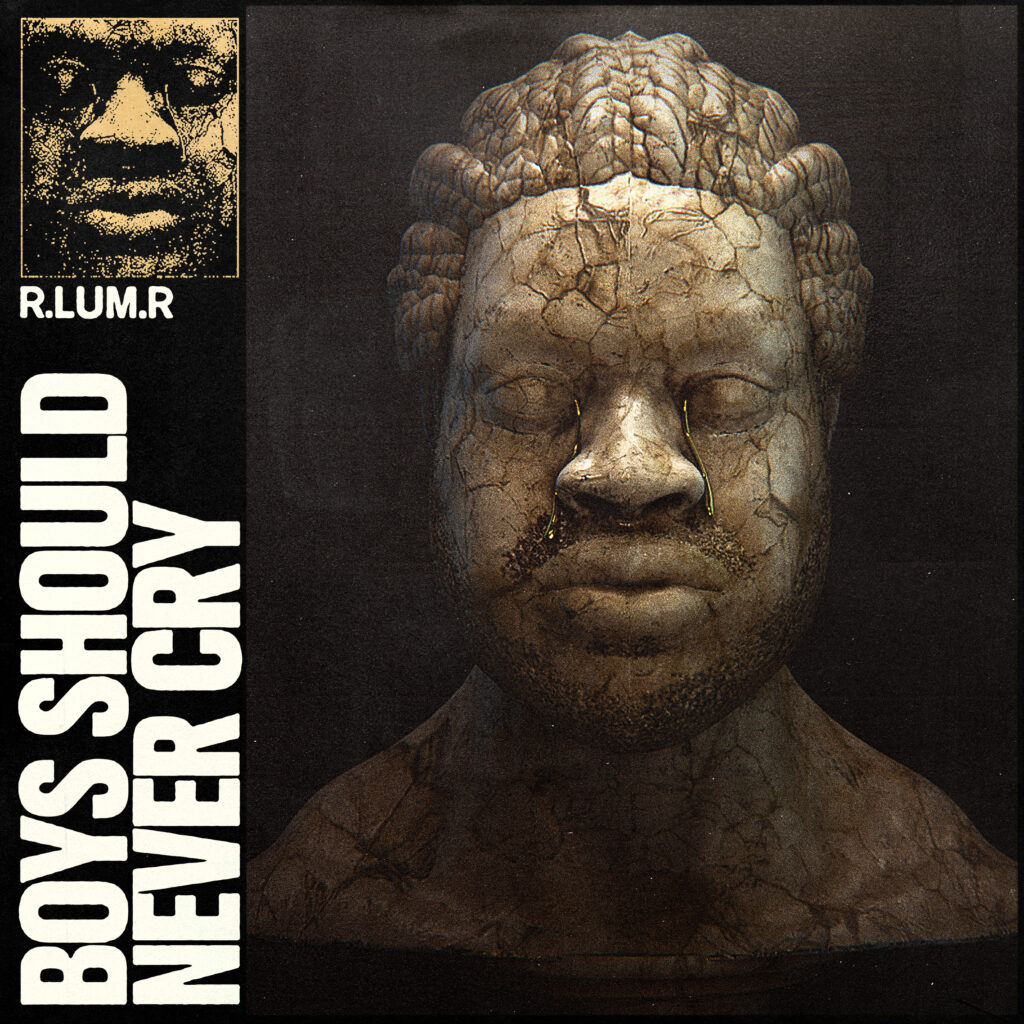
Your song “Boy Should Never Cry” tackles toxic masculinity, particularly the idea of crying being a sign of weakness. At what point in your life did you realize that you didn’t have to suppress your feelings anymore?
I think my body and my emotions realized before my brain did because there were enough times where I was confused or ashamed about being emotional. I remember a young woman friend of mine, Kathleen, who said to me that once a month she would just make herself cry, almost like an emotional reset.
She’d watch something really, really emotional and like, wow, that sounds awful. I was just thinking about it from my own experience because if I cry, I get a headache, my eyes swell up, you know? I have to basically sit in a dark room in silence for like another hour after it happens. So, I was thinking about it from a very practical stance. For her it was like, “Oh, these things have been welling up and this is a good way for me to just express it and kinda clear it out.” I had honestly never thought about it that way. And so I tried it with her and it was great.
I’m 29 now and I think this was like a couple of years ago that I really started being like, “Oh, this is good for people because people have emotions. Men are just people. Once you get that very proportionate equation in your brain, at least for me, that makes total sense.
We’ve been trained our whole lives to be Hunter-gatherers and these like Cro-Magnon, brutish monolithic pillars of our households. Well, you can still be that if that’s truly what’s necessary, but also release some of those emotions that are frankly killing you. I figured as a Black male in America, who are typically seen as the more aggressive, I felt like it was important for me to say something about it. The more that we’re able to sit and talk with everybody and figure out, the less confused we’re going to be, the less angry we’re gonna get as a knee jerk reaction to that confusion, you know?
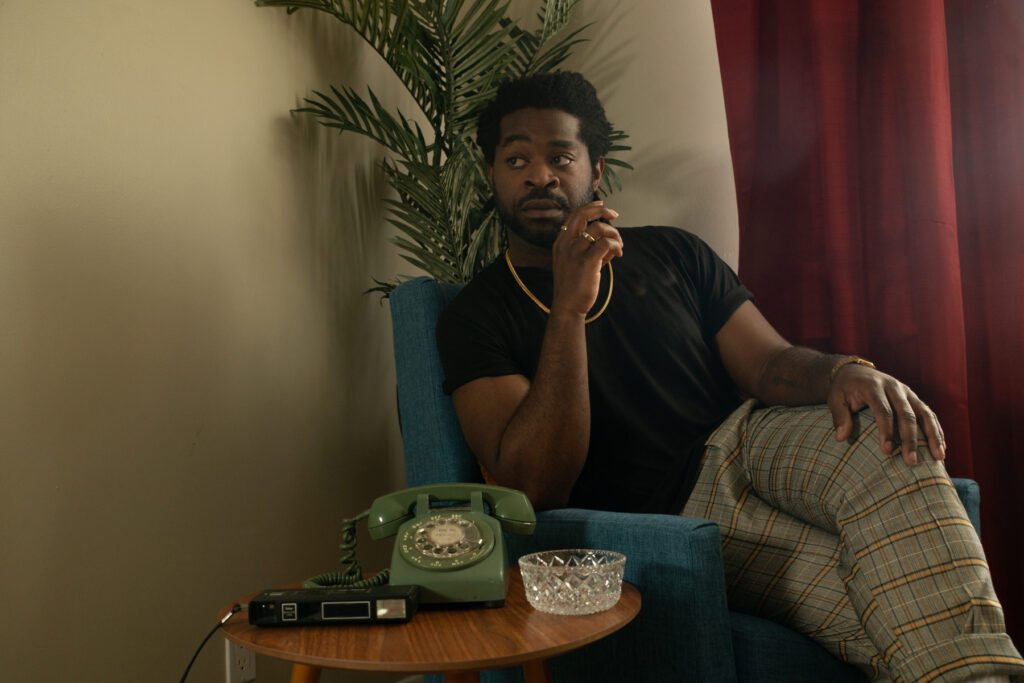
What was your experience working on your debut album Surfacing compared to your Afterimage EP?
I feel like the process for me was very different in that Afterimage — a lot of the songs I already kinda had floating around. R.LUM.R started as a side project to the Reggie Williams music thing that I was doing. The beauty in that was that there was no pressure. There was no expectation at a certain point. This was all before labels or any of that stuff got involved. It was just me and my homie Jay Cruz. We literally just holed up in his studio over a weekend and put together like five or six complete songs.
All the stuff that went into Surfacing felt a lot more pointed. Afterimage was very foundational, but I wouldn’t have been able to build such a thing that was so intentional as Surfacing if I hadn’t gone through what I went through with Afterimage.
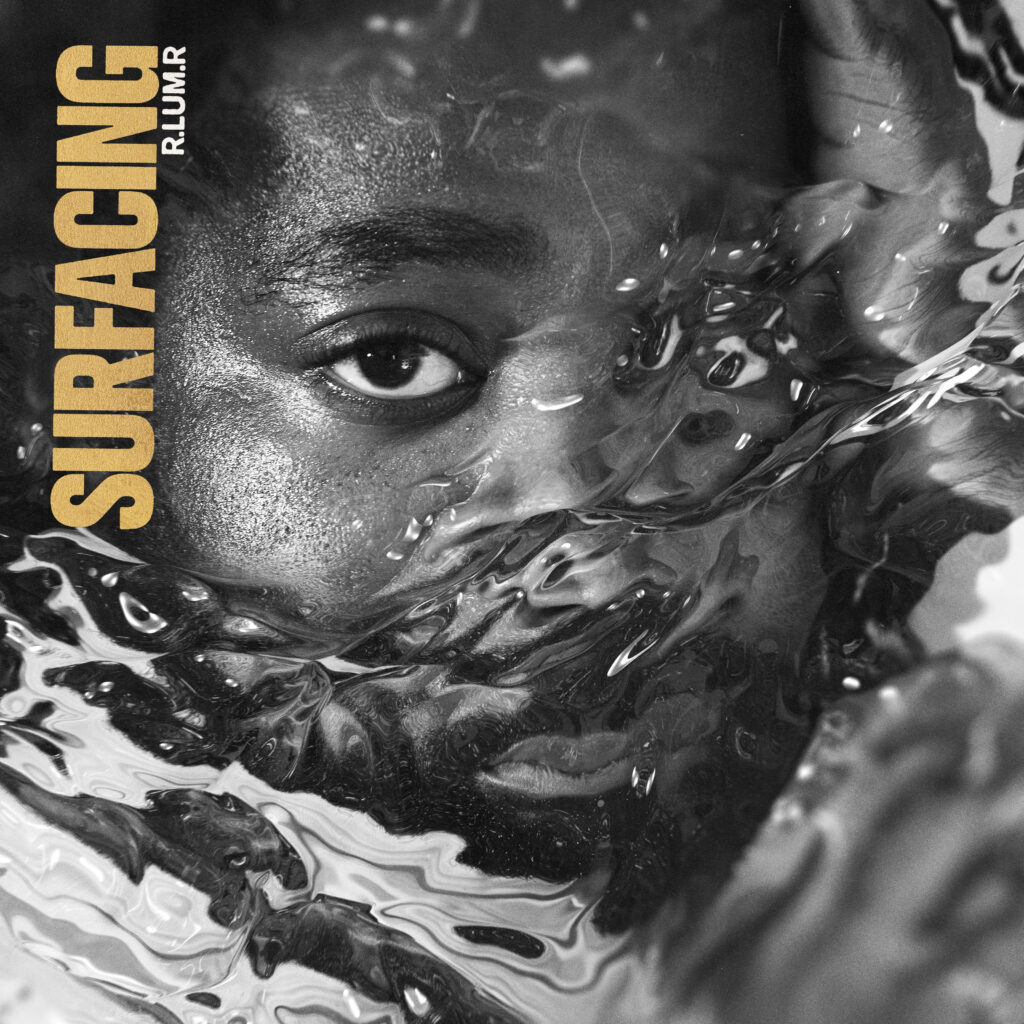
The cover art for Surfacing shows part of your face above water but most of you still in the water. What was the thought behind creating the artwork?
It’s very literal. I thought that was a beautiful visual representation of what I feel like the process of listening to that record is like. I think the process of listening to the record is the process of surfacing. For instance, there’s a song called “Surfacing” that has a lyric that I feel like describes it well: “Spent so long underwater / I forgot how it feels to breathe/ It used to be autonomic, but something came over me / Maybe a tidal wave or the moon and its gravity / But whatever, that doesn’t matter / I feel like I’m surfacing.” I’m definitely someone who kinda gets hit by seasonal affective disorder.
Usually, it takes my friends coming home or me having a long talk about how I feel but nothing happened. I just woke up and I remember being like, “Wow! This feels different. I feel like I’m on the upswing.” For me, this is the process of healing — like I’m coming up above the water. This is what surfacing feels like to me. That’s what I believe that picture represents with Surfacing.
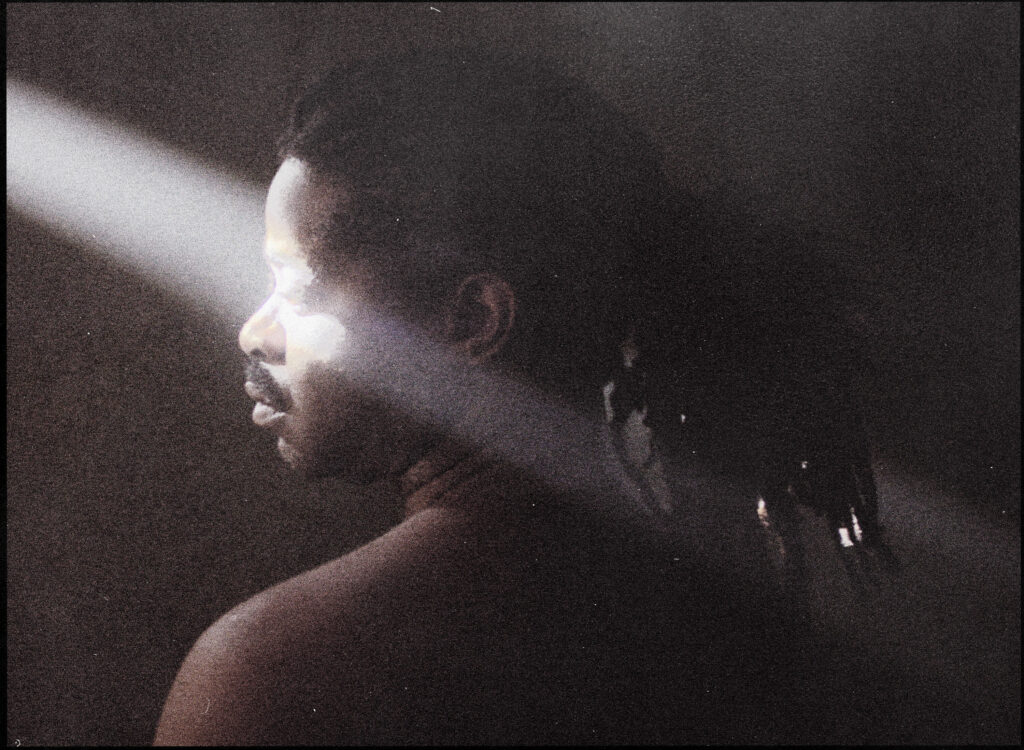
As you were speaking, I was just thinking about that feeling of finally being able to surface. It makes me also think about how uncomfortable that feeling can be — that anxiety of what to do next…
There is definitely the process of once you’ve surfaced, you’ve got to tread water. In a very literal sense, if your back muscles, arm muscles and leg muscles aren’t working together by this point, then you’re just going to sink again. Once you resurface, you’ll have learned how to stay on the surface a little better, but it’s only gonna be as long as you can do it now until you go back under and you have to figure out how to trade in your muscles to stay above water again.
What I think is so important about that moment is that first time you do it, you realize, “Oh, okay, the breathing of this new air is so wonderful. That is what I can remember. I have to look forward to the next time I’m underwater.”
Unfortunately, some people may find comfort in being under water. They’re so used to being underwater that when they rise above water, they end up pushing themselves back down…
That’s why my hope with this record in general is all of those things hopefully are working together to represent that same feeling, that same idea of surfacing and that being the important focal point. No matter how deep the water is or no matter how big the sky is above the water, the point is that you are surfacing. You’ll never forget that. You can hold onto that for either when you’re in the open air and you’re freaking out, or when you’re in the water so deep that everything looks pitch black. You remember that process of surfacing and know that it’s possible for you.
Stream Surfacing by R.LUM.R below.


